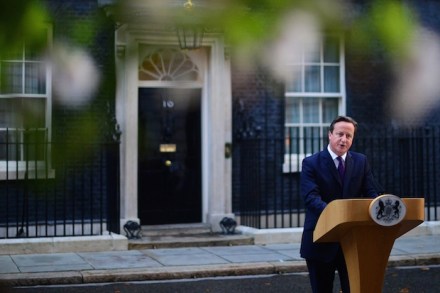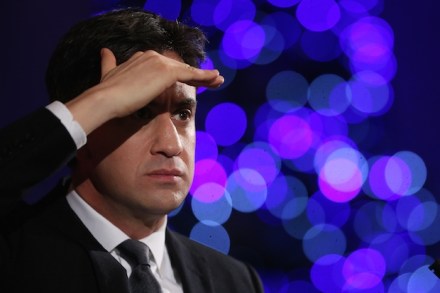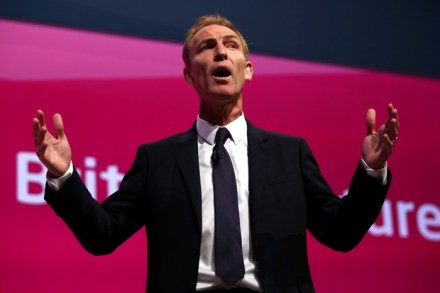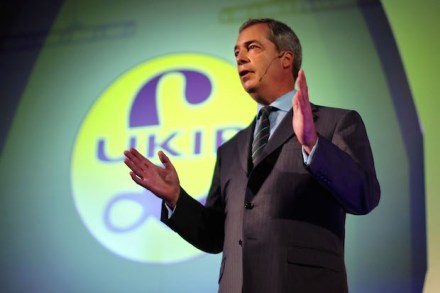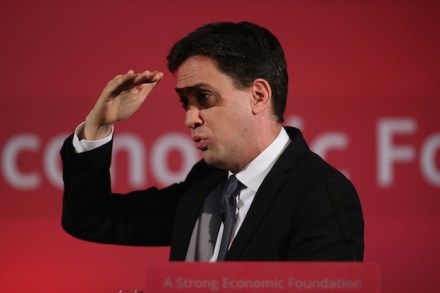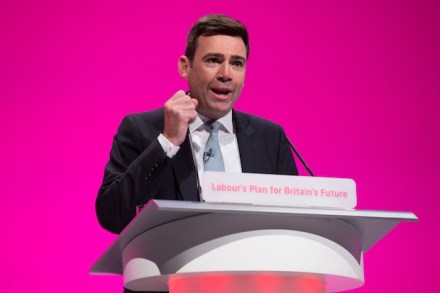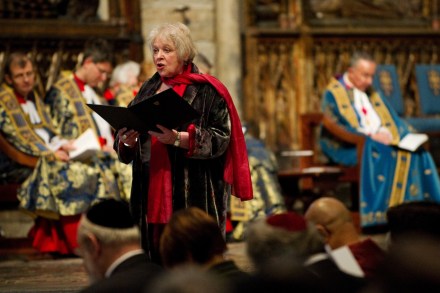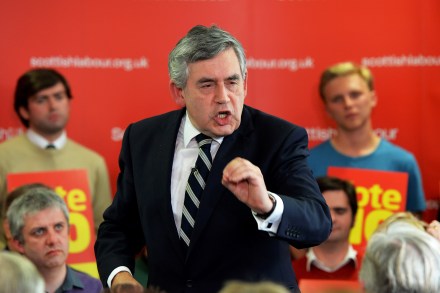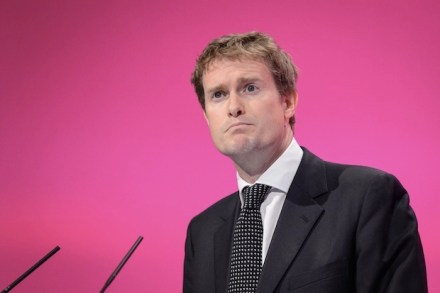Labour tries to deal with dysfunctional campaign machine after Ukip leak
After spending all week stamping all over their own report about how to approach Ukip, Labour is now trying to work out what on earth led to the row. It’s not so much a leak inquiry as a cock-up inquiry, as the MPs who are supposed to be in charge of Ukip strategy in the party say they hadn’t seen the report at all – though those involved in writing it claim they did. One HQ source tells me that Yvette Cooper signed off on the report, which was compiled by experts on polling and constituency data, including the man the party recently hired as the ‘Nate Silver of Bolton’, Ian


